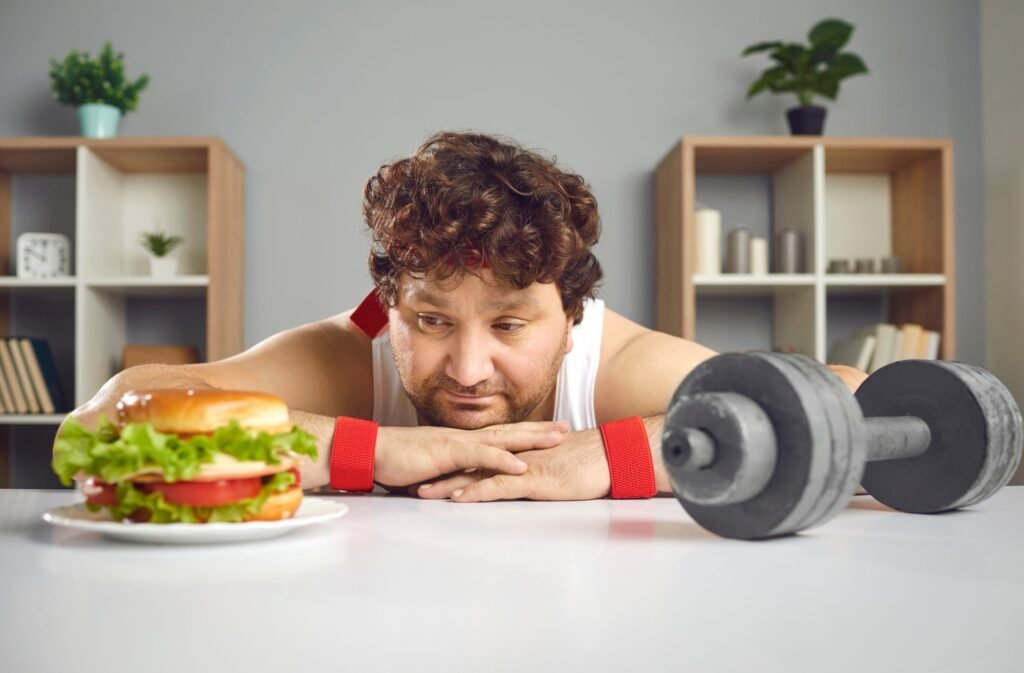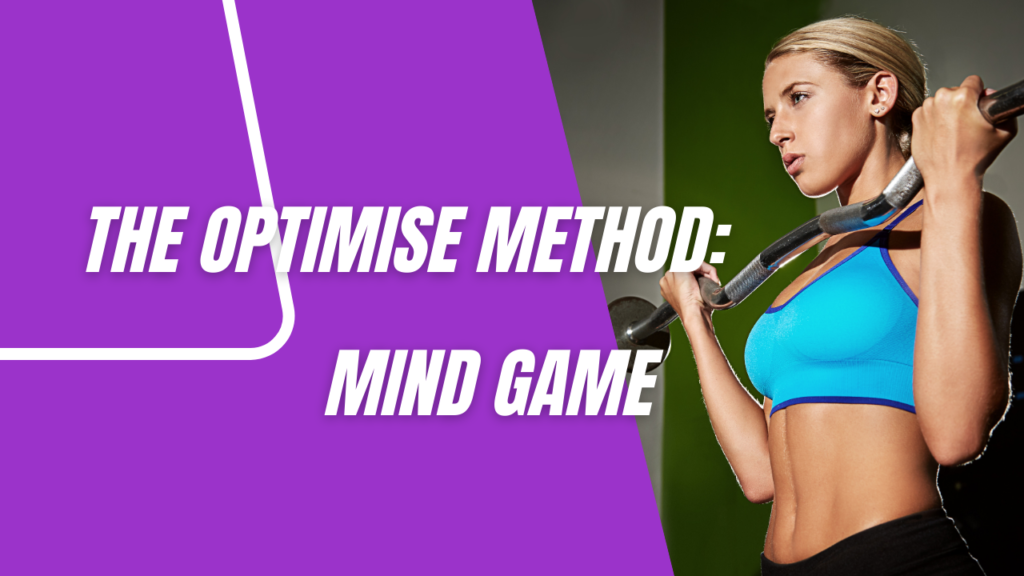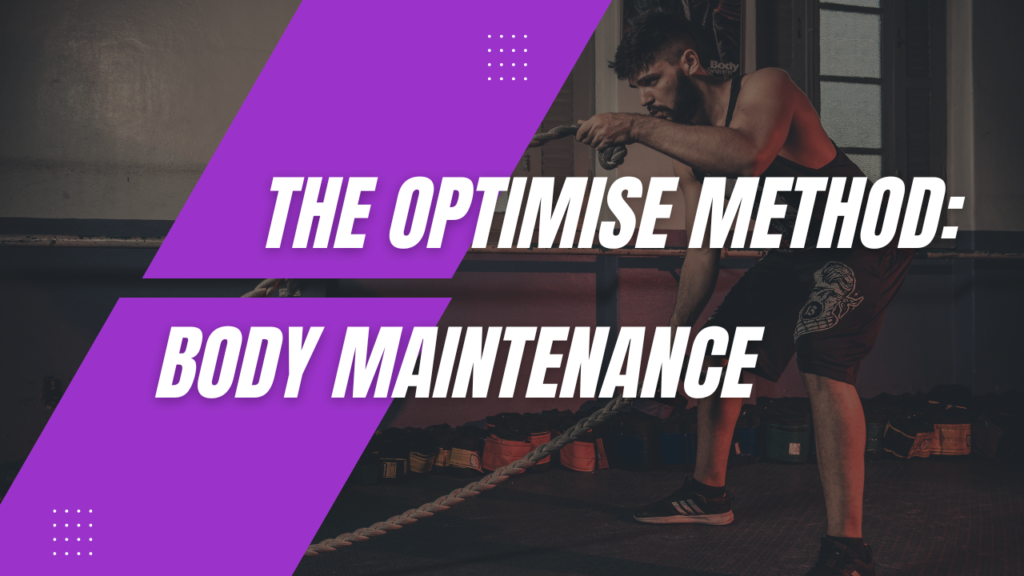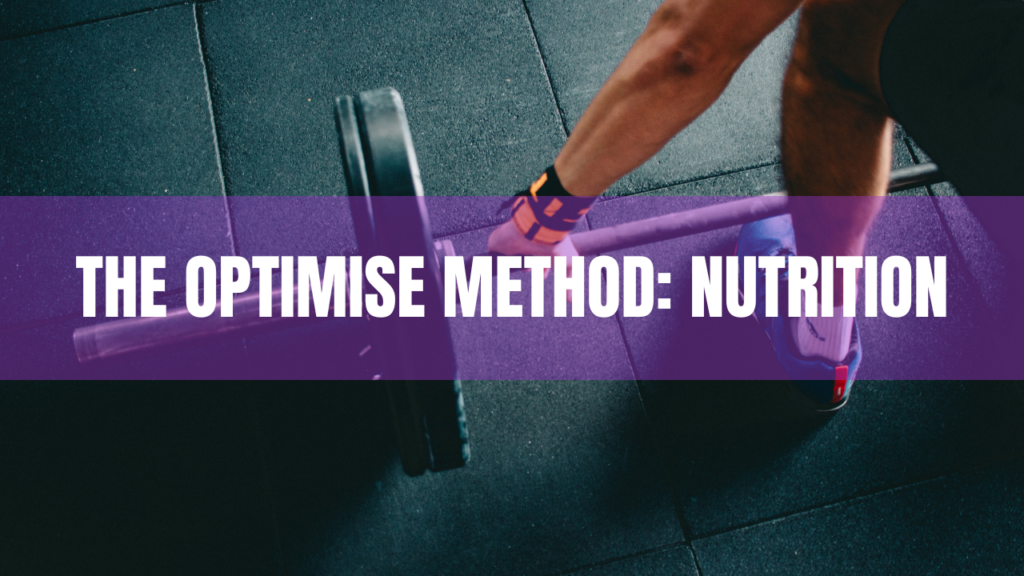
There’s an old adage trainer’s say about food – you can’t out-train a bad diet!
Ok in your 20’s you can get away with a lot of things including eating badly and if you’re training frequently, you can sometimes keep in shape with the sweat and tears alone. This is due to the abundance of growth hormone (GH) we produce in our 20’s.
A word of warning however – the older we get, the much less this applies. Science tells us the older we get the less GH we release and as you will know from previous posts, hormones are the key influencer in the fitter, leaner and stronger conundrum.
I would respectfully suggest that as you get older your attention to what you eat and drink and WHEN you do this will become more important than your actual training. I have clients that actually lose more weight when they tidy up their diets as compared to focussing on their training.
Training smart and by doing so eliciting the correct hormonal response will build lean muscle but not necessarily shed fat. Again I would use an old trainer’s saying, this one being – “arms are built in the gym, abs are created in the kitchen”. So in effect without attention to our diets we will never get to the leanness most of us desire.
I have a client right now that is using intermittent fasting (IF) very successfully. I write comprehensively on the subject of IF HERE. Bottom line is we must give our body a break from storing fat and a chance to use stored fat as a fuel – this really can only be achieved with IF. Trainers that take a bodybuilding approach to instructing clients will normally tell them to eat 5-6 smaller meals a day. I would argue and this is backed up by science from among others the US National Institute on Aging, Harvard and Johns Hopkins that this approach is NOT similarly supported. There really is no science of any note supporting 5-6 small meals a day and in fact this is likely why people actually do not lose weight. The constant work of the pancreas releasing insulin to process carbohydrate means the individual is always in fat-storage mode!
The science is unequivocal, use IF as a tool to lose fat.
There’s more you can do.
When you eat your goal should be to minimise processed foods. Breads, pasta, white rice, noodles, breakfast cereals all convert quickly to glucose aka sugar. As mentioned above this conversion of carbohydrates to glucose via insulin means we are storing this sugar as fat (in the absence of working muscle or a glycogen deficit). I know there will be some that cannot believe I have white rice on this list but I do and for good reason.
By the way, natural rice is NOT white. In fact the best rice you can eat is wild rice and this is what it looks like –

Why would it look like this? Because it is jam packed with nutrients giving it this very distinctive dark brown almost black colour. In fact white rice does have a light brown colouring in its natural state but the manufacturers bleach it out. You read that right, they BLEACH it! You may read in places that manufacturers insist they don’t but many actually do and in fact they have patented the process, check that out here.
When it comes to white rice they even polish it, the reason being white and shiny gives it more consumer appeal. Bleached and polished foods do not sit highly on my list of things I want to eat so I always pass on white rice. Wild rice I will eat, for sure.
There’s more foods you should consider eating less of. Meats including fish are highly contaminated, farmed fish can be outright bad for you especially if originating from countries with poor regulatory oversight. And it’s the same with meat, we mess around so much with how we manage animal well-being in areas like feed (pesticide levels in grains) and health (antibiotics used as a defence with no symptoms in most of the herd, steroids and growth hormone injections). A milking cow takes 2 years to begin producing milk, farm practices have reduced this to 3 months!
All of these chemicals end up in milk, meat and other products from cow’s, pigs, chickens, sheep etc and consuming them just then increases our chances of them contaminating our systems. And you will note I haven’t even discussed the issue of animal treatment when it comes to slaughtering them.
Lastly food that has a lengthy storage life is also worth avoiding. Preservatives and modified foods with extended shelf lives is usually a sign that the food is unhealthy, even if early in its “life”.
It’s true that all foods even fresh fruit and vegetable produce has it’s issues but eliminating as many contimanants as possible in deciding what to eat is a good starting point.
Finally changing anything in your life is never easy – we’re creatures of habit! And food is a constant in terms of habit for a lot of people. Like most change it’s amazing that once it’s done, how good it feels and how simple the change really was. It just takes doing it!
IF is a simple, easy to use system and selecting better food choices is simply that, a choice!
Embrace change and reap the rewards!





